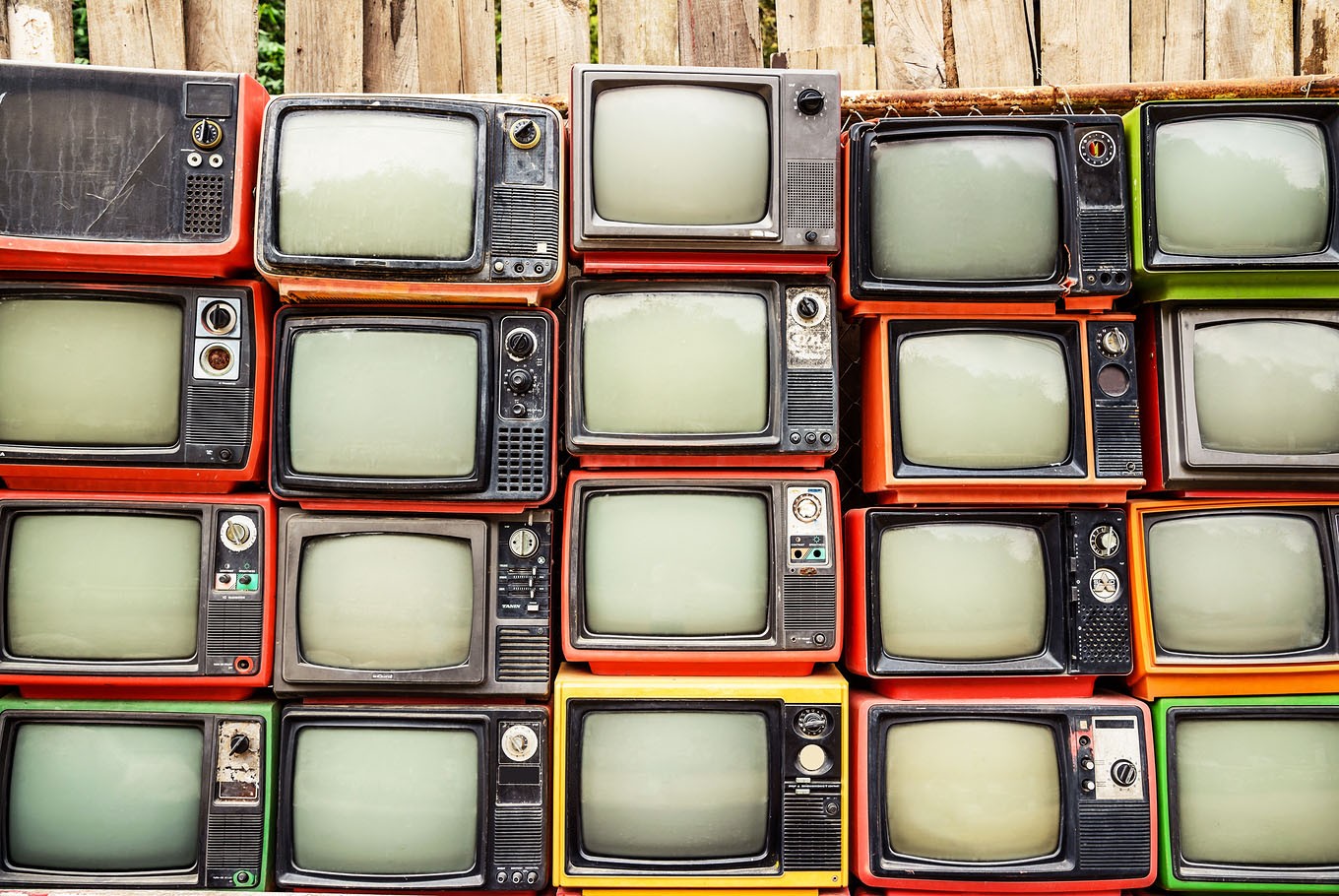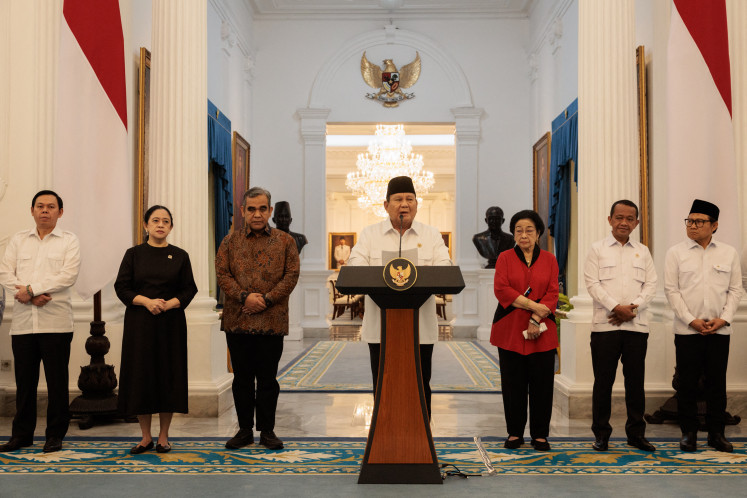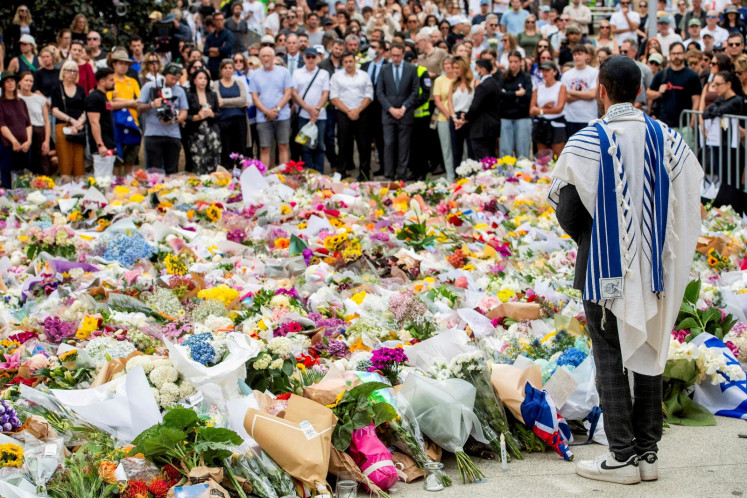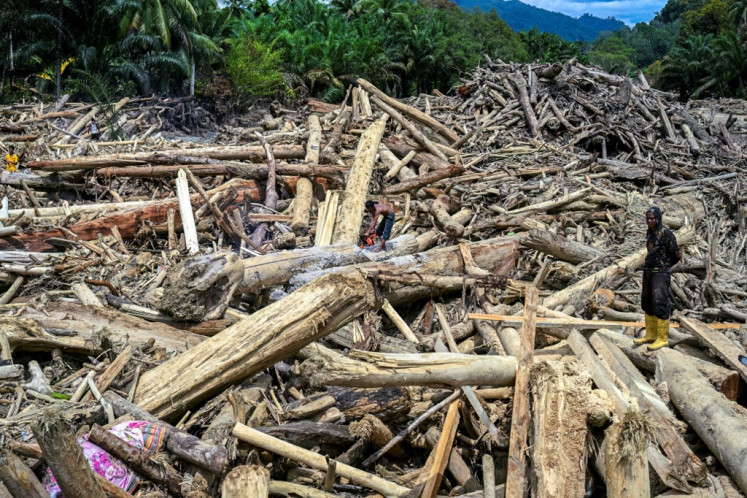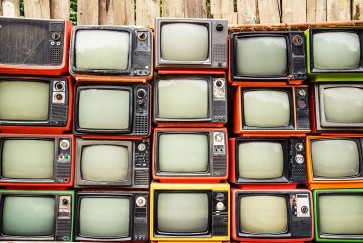Popular Reads
Top Results
Can't find what you're looking for?
View all search resultsPopular Reads
Top Results
Can't find what you're looking for?
View all search resultsJokowi places high stake in Broadcasting Law revision
In Indonesia’s case, however, the broadcasting landscape has made digitalization a complicated issue that involves various interests.
Change text size
Gift Premium Articles
to Anyone
A
plan to revise Law No. 32/2002 on broadcasting has been on the table for eight years. The initiative to amend the law came from the House of Representative in 2010 under then-president Susilo Bambang Yudhoyono, but until the end of his term in 2014, the revision did not materialize.
When taking office in 2014, President Joko “Jokowi” Widodo promised to continue the broadcasting reform by declaring broadcasting one of nine strategic points on the administration’s agenda.
The House included the Broadcasting Law in the priority list, and since then the deliberation has been protracting, involving civil society, the government and the media industry.
The contention centers on the matter of broadcasting digitalization. In other countries, the transition from analog to digital was smooth. In Indonesia’s case, however, the broadcasting landscape has made digitalization a complicated issue that involves various interests.

